Tennis match-fixing claims: Review into anti-corruption
- Published
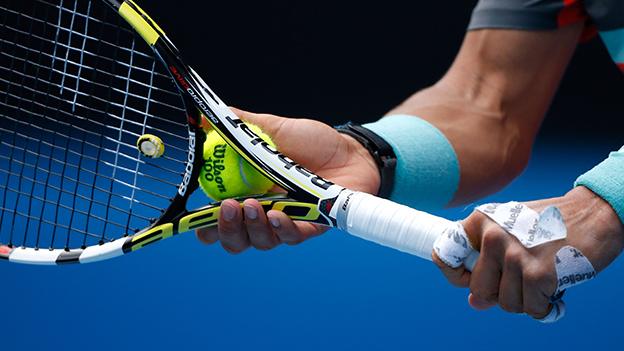
The review is "aimed at further safeguarding the integrity of the game"
Tennis officials will carry out an independent review into their anti-corruption practices after the sport was hit with claims of match-fixing.
The news follows a BBC and BuzzFeed News investigation that uncovered suspected illegal betting in tennis.
Tennis Integrity Board boss Phillip Brook said: "It is vital we repair the damage and do so quickly."
Former Wimbledon champion Goran Ivanisevic said players were being hounded like "serial killers".
The joint investigation by the BBC and BuzzFeed News uncovered files showing that, over the past 10 years, 16 players who were ranked in the top 50 have been repeatedly flagged to the Tennis Integrity Unit (TIU) over suspicions their matches were targeted.
All of the players, including winners of Grand Slam titles, were allowed to continue competing.
Brook said he remained "totally confident" in the work of the TIU but said it was important that "everyone who loves our sport and watches our sport" is confident we are "doing all we can".
Chris Kermode, chairman of the Association of Tennis Professionals, added: "We are in a toxic environment for sport at the moment.
"We want to be as open and transparent as possible to demonstrate that we will look at this thoroughly. There is a zero, zero tolerance for this."
But he added: "Having lists of suspicious betting patterns do not mean corruption. They are a red flag and that is not evidence."
Ivanisevic agreed with Kermode and said he felt the allegations that tennis has failed to properly police the game were wrong.
"There is no evidence," said the 44-year-old Croat, who was Wimbledon champion in 2001.
"We are talking about algorithms and mathematics and some computer spits your name out like a serial killer and everyone is chasing you.
"Show me that somebody did something wrong - then I will believe you."
What will the review look at?
According to BBC Radio 5 live tennis correspondent Russell Fuller, the independent panel will "report on the effectiveness" of the anti-corruption programme and "make recommendations for change".
He added: "The panel has been asked to look into how the TIU can become more transparent without compromising the need for confidentiality.
"It will also consider additional resources for the TIU and structural changes that may enhance its independence.
"It will also examine whether the scope and reach of the tennis integrity education programme should be extended.
"The sport's governing bodies have committed to making the recommendations of the review panel publicly available and to implement them all in full."
What were the allegations?
Documents showed that a 2007 ATP investigation into suspicious betting activity around one particular match cleared both payers but developed into a wider inquiry.
It found betting syndicates in Russia, northern Italy and Sicily making hundreds of thousands of pounds betting on matches that investigators thought to be fixed. Three of these matches were at Wimbledon.
In a confidential report for the tennis authorities in 2008, the inquiry team said 28 players involved in these matches should be investigated, but the findings were never followed up.
Tennis introduced a new anti-corruption code in 2009 but after taking legal advice were told previous corruption offences could not be pursued.
ATP president Chris Kermode tells the BBC he is aware there is match-fixing within tennis but says it is at an 'incredibly small level'
How are matches fixed?
According to an anonymous ex-tennis player from South America, "three big groups" control betting in tennis and any payments to players are made using cash, with no bank-to-bank transfers allowed.
He said each group has "many guys inside the circuit" and between 50 and 60 accounts, from which dozens of small bets are placed in order to make "really big" money.
"This is like a secret on the tour that everybody knows, but we don't talk about it," said the player, whose identity is known by the BBC.
- Published20 January 2016
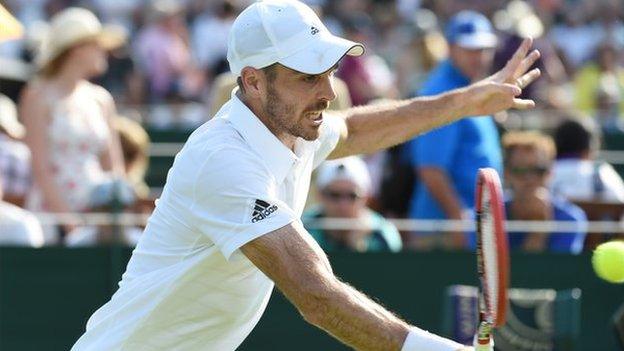
- Published19 January 2016
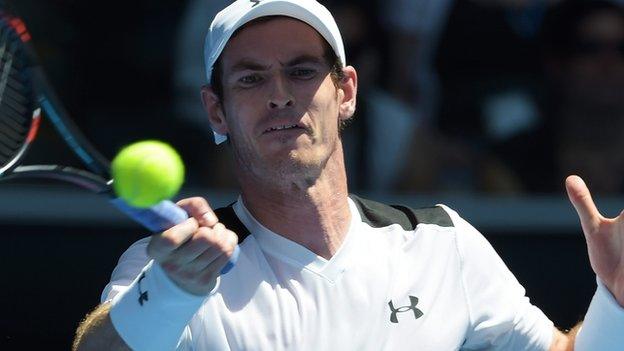
- Published18 January 2016
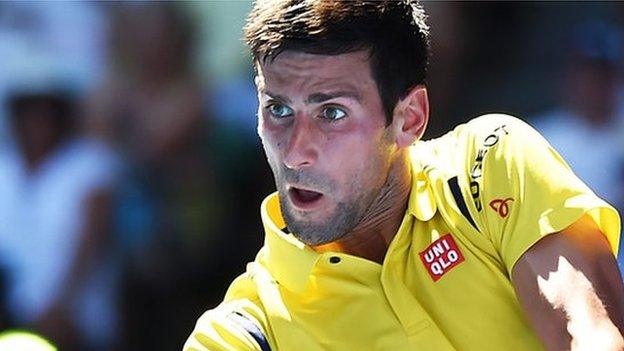
- Published17 January 2016
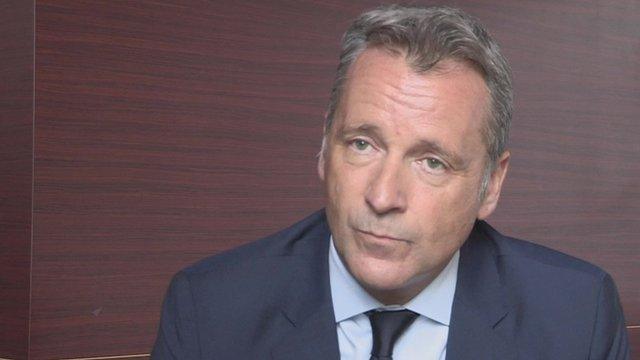
- Published9 November 2016
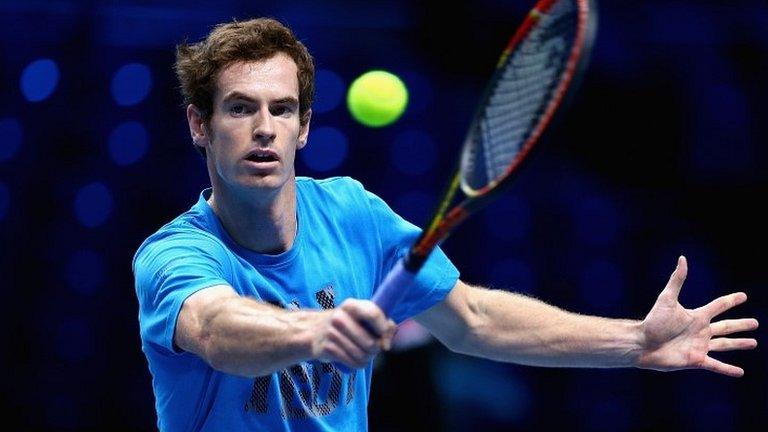
- Published30 May 2013
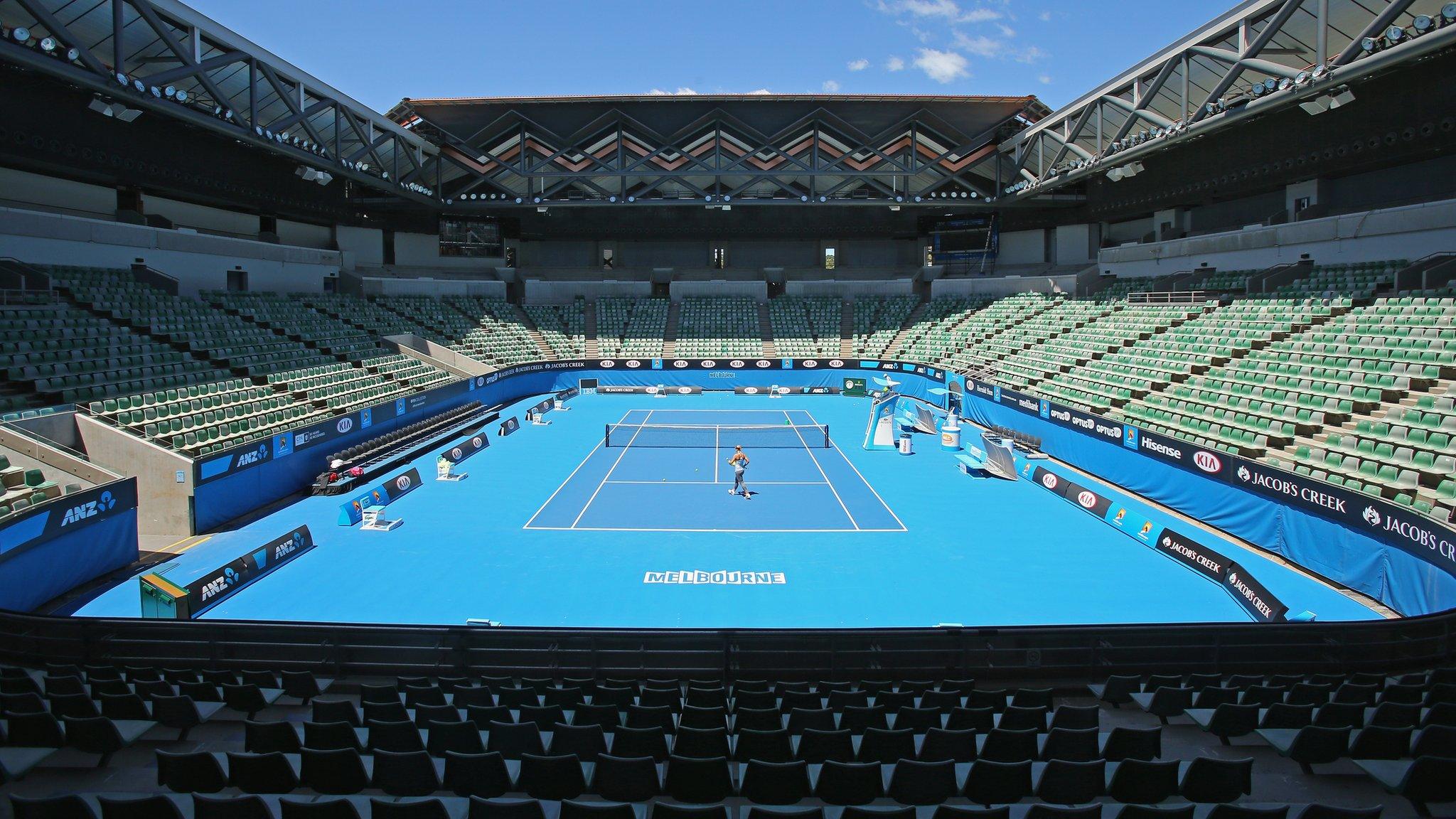
- Published8 November 2016

- Published19 July 2016
